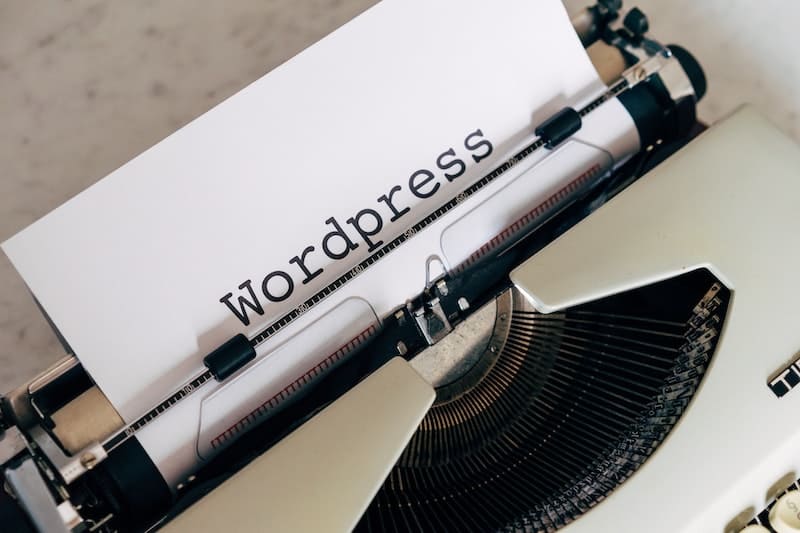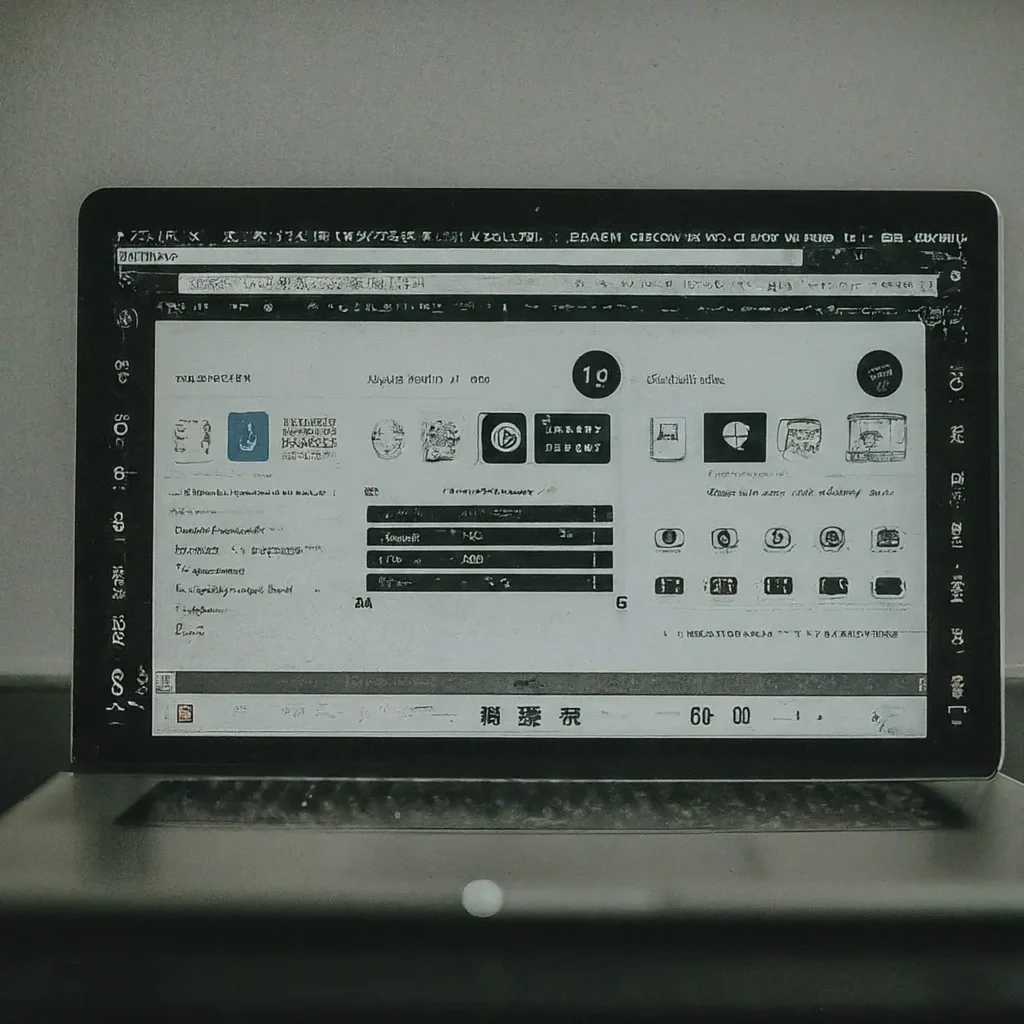
As a website owner, you know how important it is to have a well-functioning and secure website. However, many people make the mistake of thinking that once they’ve built their WordPress site, they can simply leave it and forget about it. This couldn’t be further from the truth. In fact, regular maintenance is crucial for the success of your WordPress site.
Here are 5 reasons why your WordPress site needs regular maintenance:
-
Security
WordPress is one of the most popular content management systems (CMS) in the world. Unfortunately, this also means that it’s a prime target for hackers and cybercriminals. They can exploit vulnerabilities in outdated themes, plugins, and WordPress versions to gain unauthorized access to your website, steal data, or spread malware.
Regular maintenance includes updating your WordPress core, themes, and plugins to their latest versions. This ensures that any security holes are patched up and your website is less vulnerable to attacks. Additionally, maintenance involves implementing security measures such as installing SSL certificates, setting up two-factor authentication, and using strong passwords to further protect your website.
-
Performance
Your website’s performance is crucial for user experience and SEO. Slow-loading pages, broken links, and error messages can frustrate visitors and drive them away from your site. Moreover, Google uses page speed as a ranking factor, which means that a slow website can hurt your search engine visibility.
Regular maintenance involves monitoring your website’s performance and identifying any issues that may be slowing it down. This includes optimizing images, cleaning up your database, and reducing HTTP requests. By improving your website’s speed and reliability, you can provide a better user experience and increase your chances of ranking higher on search engine results pages (SERPs).
-
Compatibility
WordPress is constantly evolving, and so are the technologies and devices that people use to access your website. This means that your website may not work properly on some devices, browsers, or operating systems. For instance, a plugin that worked fine on an older version of WordPress may not be compatible with the latest version.
Regular maintenance includes testing your website’s compatibility with different devices, browsers, and operating systems. This ensures that your website looks and functions correctly on all platforms and that you don’t lose visitors because of compatibility issues.
-
Backups
Imagine waking up one day and finding out that your website has been hacked, your data has been deleted, or your server has crashed. Without a backup, you may lose everything you’ve worked hard to build. That’s why regular backups are essential for every website owner.
Regular maintenance involves setting up automated backups that run at regular intervals. This ensures that you always have a recent copy of your website’s data and files that you can restore in case of a disaster. Additionally, backups can help you recover from human errors such as accidental deletion or overwriting.
-
Cost-effectiveness
Finally, regular maintenance can actually save you money in the long run. While it may seem like an additional expense, the cost of neglecting your website can be much higher. For instance, if your website is hacked, you may need to pay a professional to fix it, which can be expensive. Similarly, if your website is down for extended periods, you may lose sales and revenue.
Regular maintenance is a preventive measure that can help you avoid costly issues and downtime. By investing in maintenance, you can save yourself from headaches and expenses down the road.
In conclusion, regular maintenance is crucial for the success of your WordPress site. It can help you improve your website’s security, performance, compatibility, and cost-effectiveness. Additionally, regular maintenance can help you avoid costly issues such as hacks and downtime.






